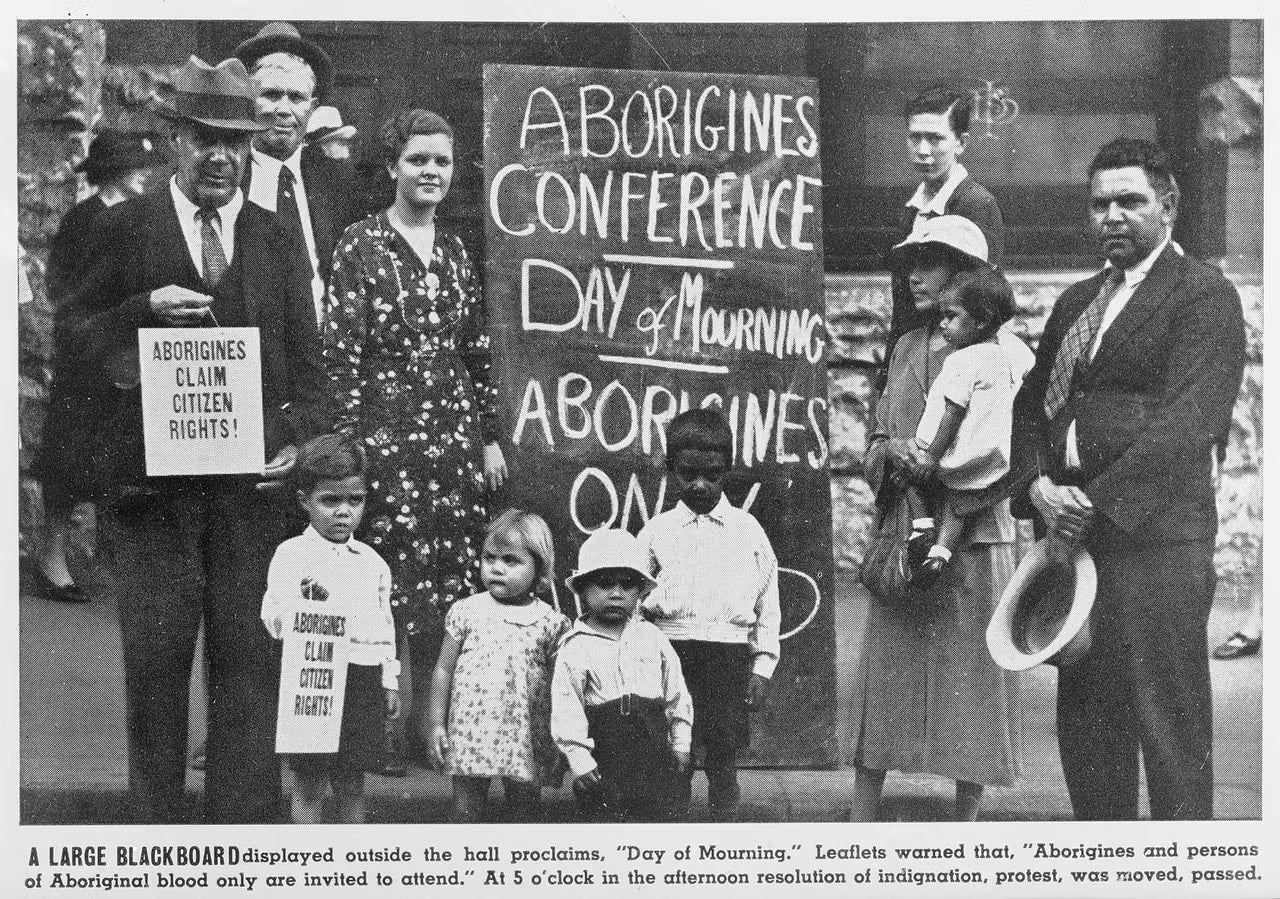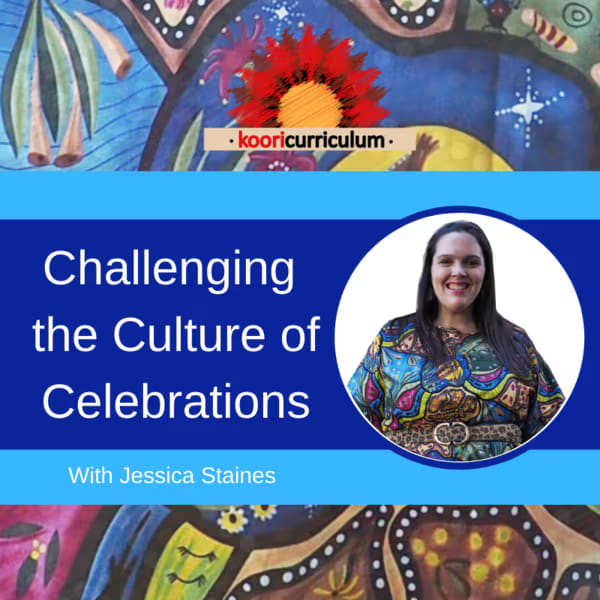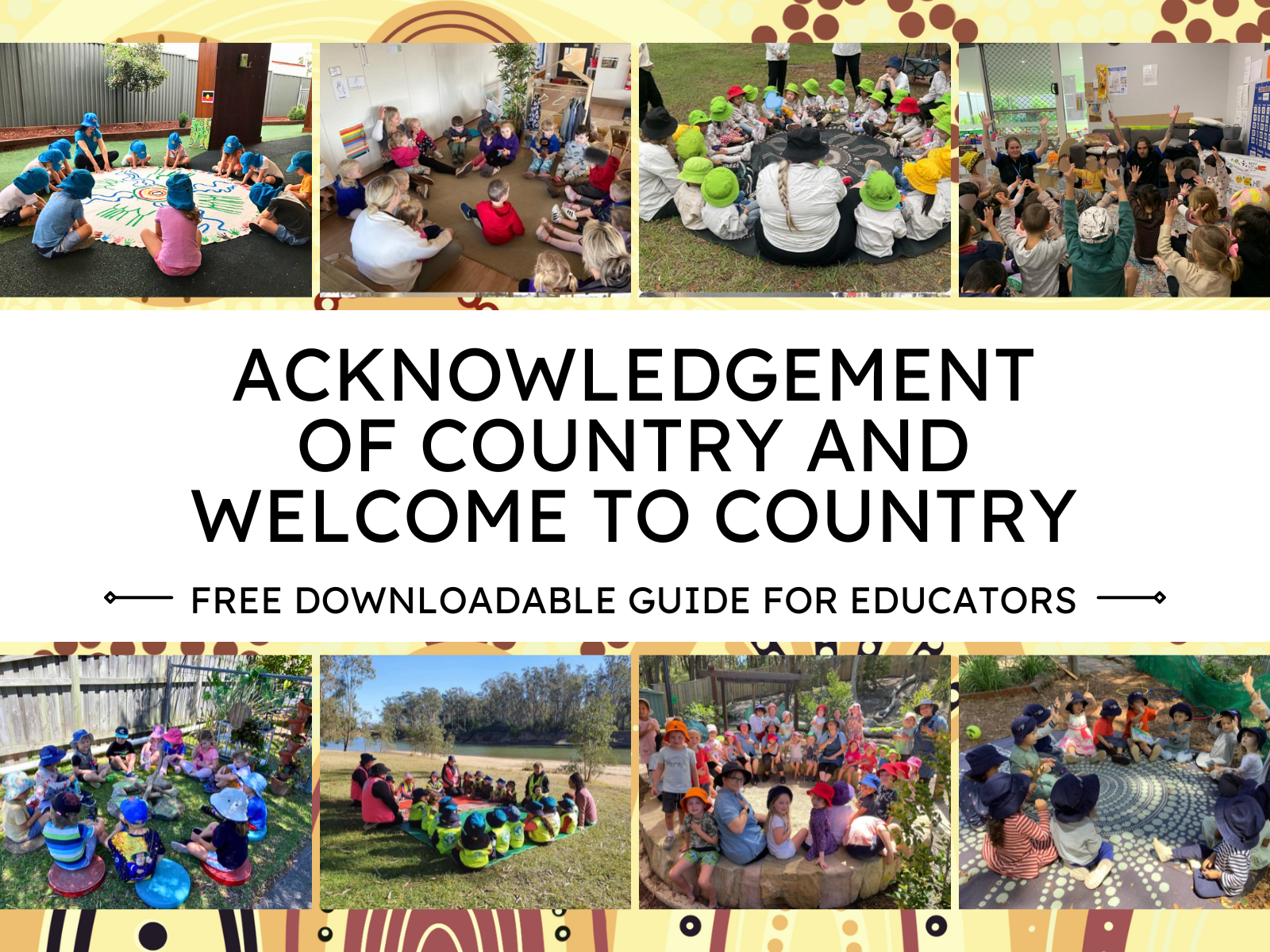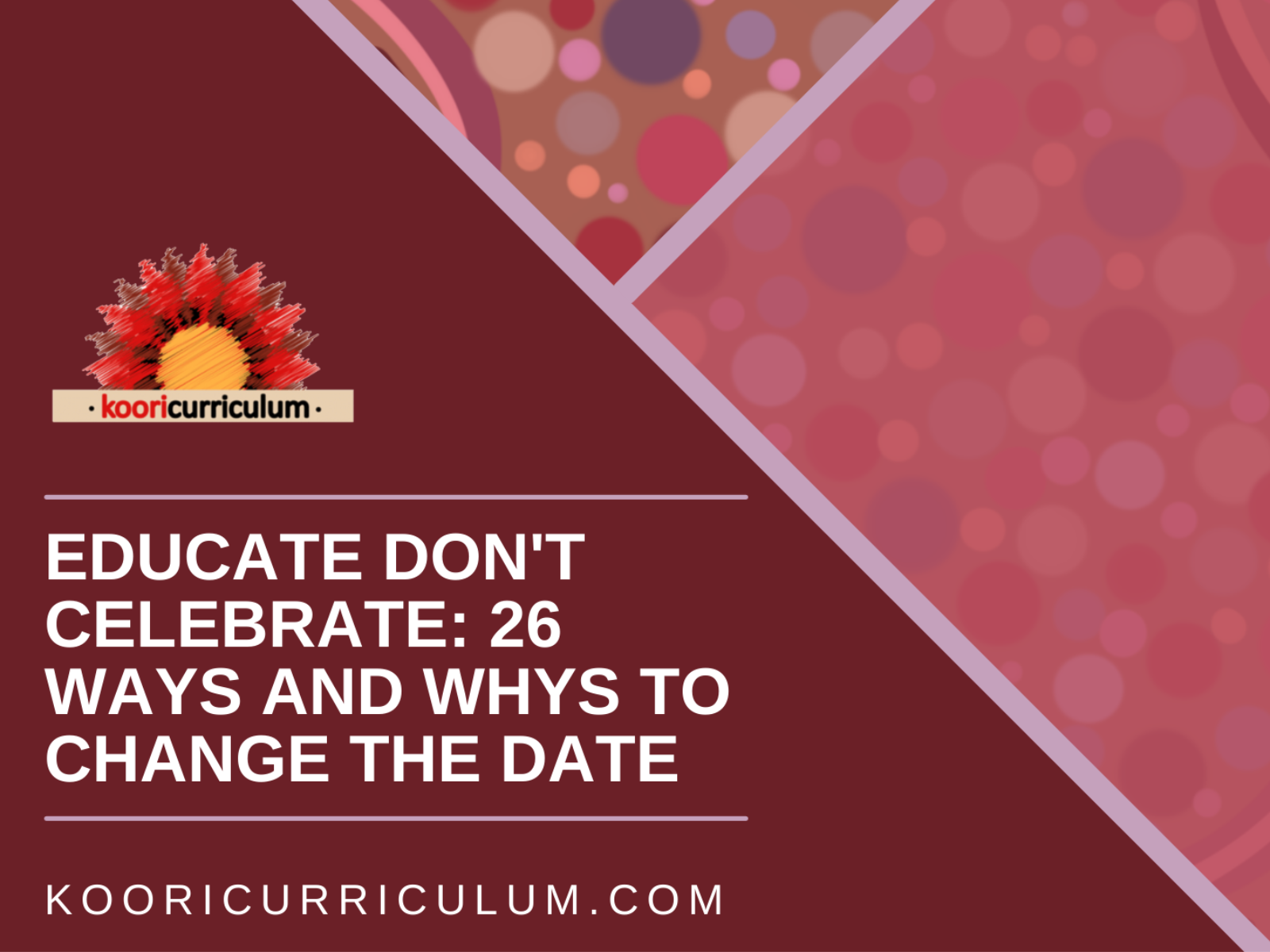
What do we call the 26th of January?
The 26th of January is a date that holds various meaning for Aboriginal and Torres Strait Islander peoples. Its seen as both a day of mourning, a symbol of resistance and a celebration of our survival.
Here is a brief explanation for some of the common names that the 26th of January is referred as being:
Day of Mourning:
The Day of Mourning was a protest held by the Aboriginal Aborigines League (AAL) and The Aborigines Progressive Association (APA) on 26 January 1938 on the 150th anniversary of the British invasion of Australia. It was declared to be a protest of 150 years of callous treatment and the seizure of land.
Learn more about this significant date here: The 1938 Day of Mourning | AIATSIS

Survival Day:
Survival Day on the 26th of January is an important time where community gathers together to celebrate the resilience of First Nation Peoples. The day acknowledges our past, present and future.
Places to celebrate Survival Day include:
Adelaide – Survival at the National Aboriginal Cultural Institute, Tandanya at Semaphore
Brisbane – Check to see if there is march outside of parliament house, usually advertised on Facebook
Canberra – Commonwealth Park and the National Museum of Australia
Darwin – March at Civic Park
Fremantle – Celebrate One Day on 25th January on the Esplanade in Kidofo Arthouse Precinct
Hobart – Check to see if there is march starting from the Tasmanian Aboriginal Centre on Elizabeth St
Melbourne – Share the Spirit Festival in the Treasury Gardens and another Survival Day celebration in Borthwick Park
Newcastle – Might have a march starting a Civic Park
NSW – Salt Water Freshwater Festival at 10 rotating locations (Coffs Harbour, Tarree, Karuah and others).
Perth – Birak Concert Supreme Count Gardens
Sydney – Yabun at Victoria Park
Townsville – Concert at Perfume Gardens
Note: This information was sourced from Australia Day - Invasion Day - Creative Spirits, its important to check Facebook for updates as plans may change due to Covid.
Invasion Day:
This date represents the British invasion of Aboriginal land. Events are held on the 26th of January on this date and often involve protests and marches rejecting the celebration of Australia Day.
Aboriginal Sovereignty Day
This is a name given to the 26th of January that reflects the belief that all Aboriginal Nations are sovereign and should be united in the continuous fight for their rights.
To learn more about Aboriginal Sovereignty visit Sovereignty | Aboriginal Tent Embassy | (atesovereignty.com.au)
So what do we call it?
Each community will probably have a preferred term of which they refer to this date so its important to check locally to ascertain what this is. However, it is our opinion that calling it anything other than Australia Day is progress!
Tip: To share a First Nations perspective regarding how Aboriginal peoples feel towards Australia Day we recommend sharing and discussing the following video
Looking for more resources?
Check out our Challenging the Culture of Celebrations Webinar

Australia Day, ANZAC Day, Easter, Christmas, are times of the year when educators can feel challenged about the very nature of the event they are celebrating.
Let Koori Curriculum assist in your planning stages, giving you strategies to guide decision making as you look at the year ahead.
Join us for this webinar where we discuss:
- Resolving feelings when our professional and personal philosophy surrounding celebrations clash.
- Consulting the code of ethics as part of the decision making process to ensure we are acting in the best interests of all children all the time.
- What do we include and what do we exclude? Who do we include and who do we exclude?
- How to best manage change of centre celebration culture for families.
- Defining and differentiating equality and equity to ensure all children have the capacity and support to thrive.



